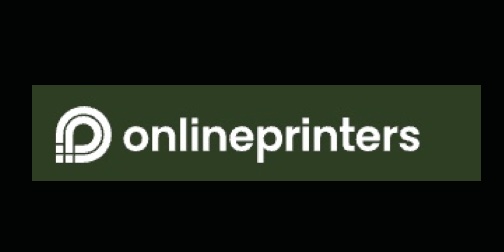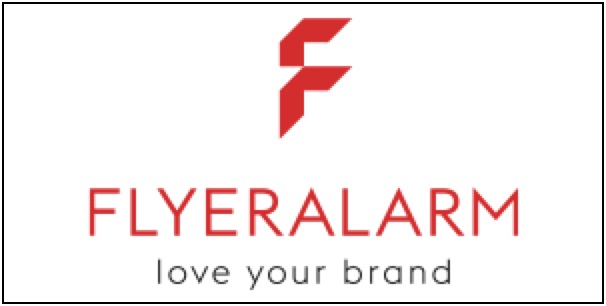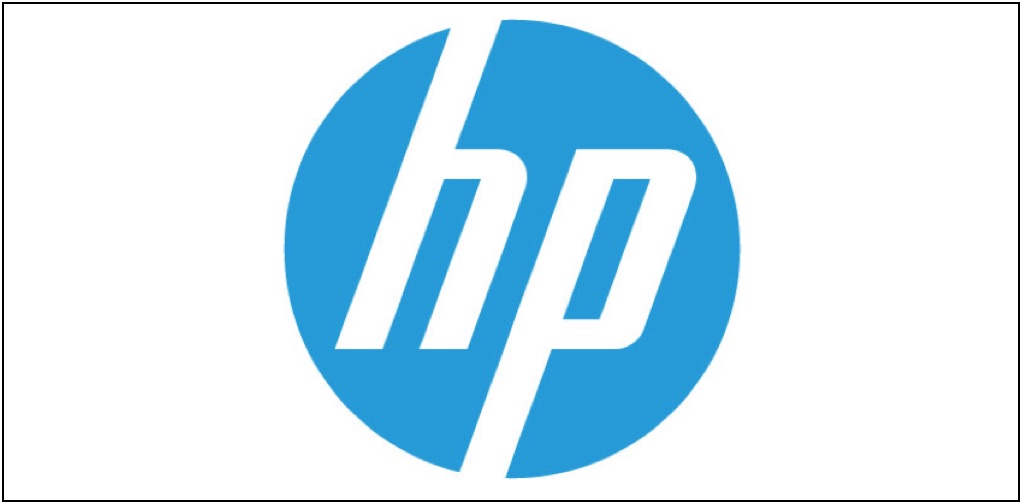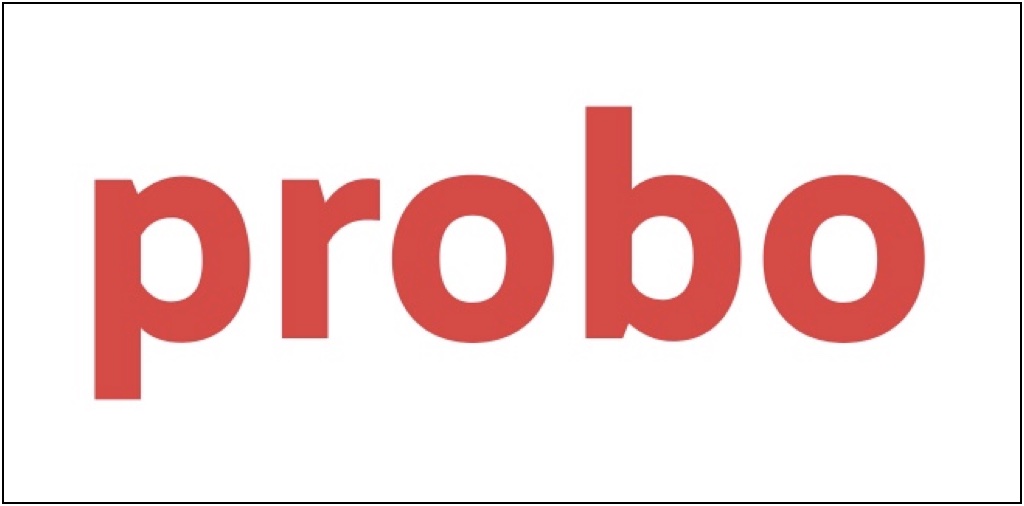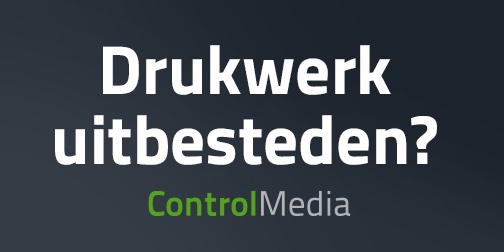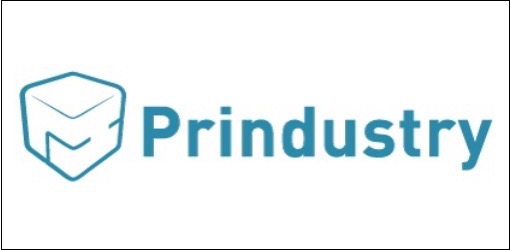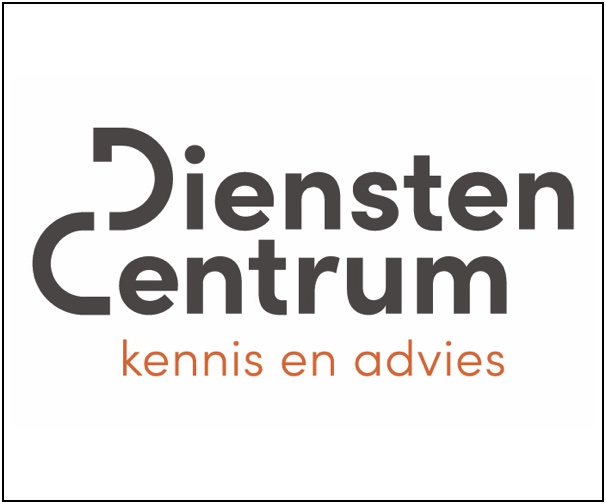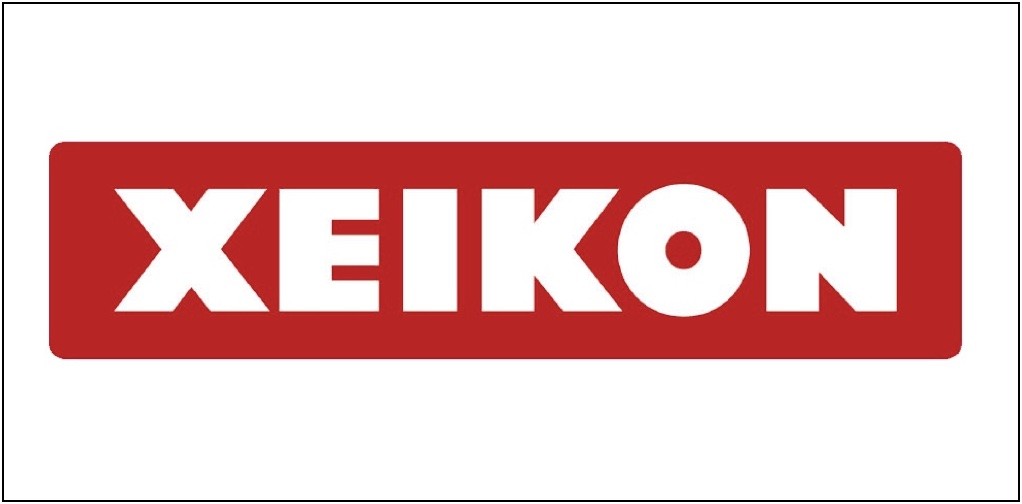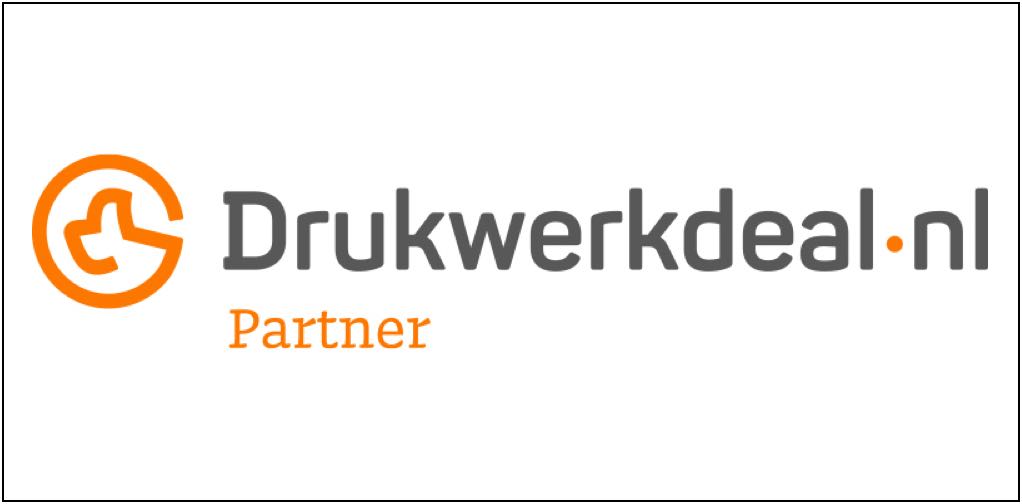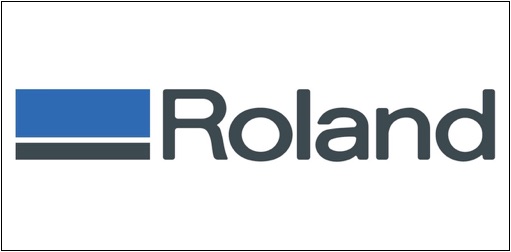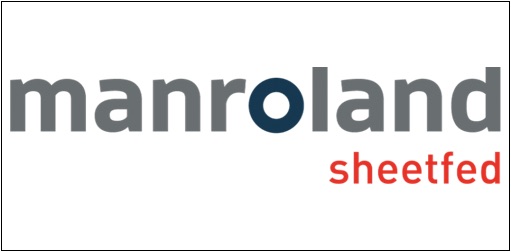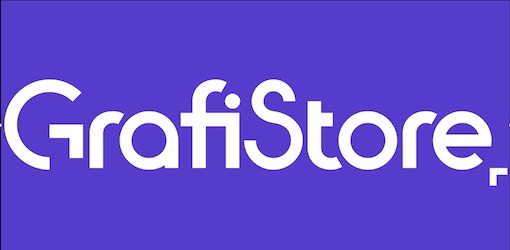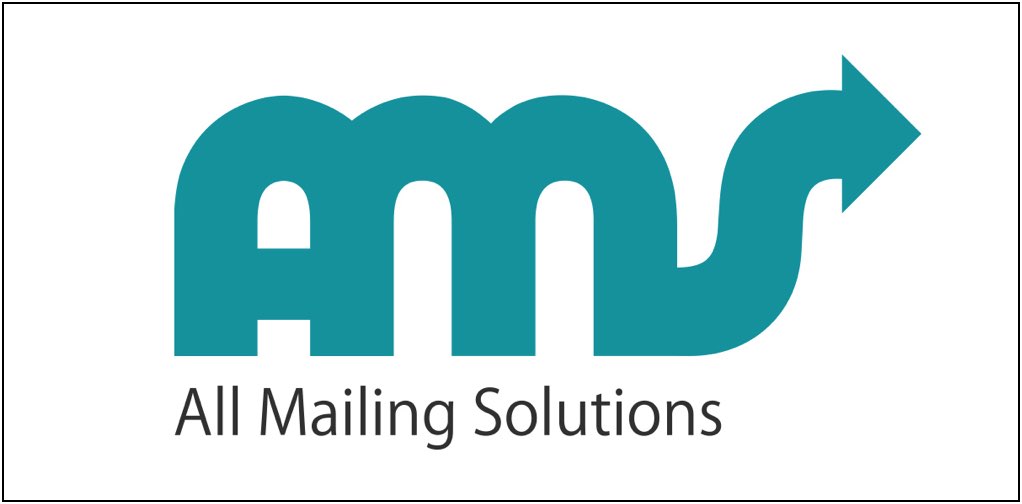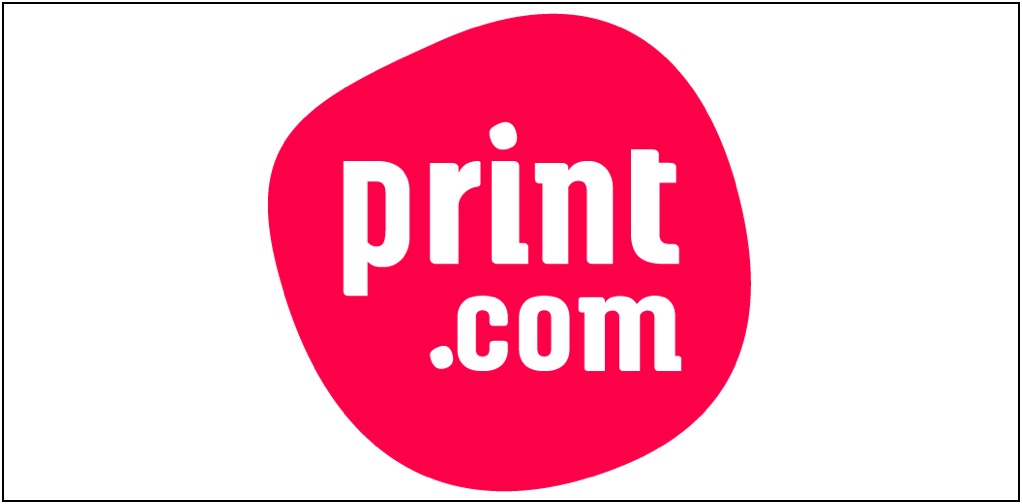What the new European privacy laws entail
On 24 May of this year the new European privacy laws, the GDPR (General Data Protection Regulation) was published. The new law regulates into the smallest detail how to manage data. This new EU wide privacy law has consequences for any organisation dealing with consumer data. What does the law mean for companies and advertisers.
What is GDPR?
GDPR, or the European privacy laws, protects personal data within the EU with new rule for all European Union countries. The law regulates the security and management of personal data, including clients and employees. The legal obligation to report data breaches is included in the GDPR. Companies and governing bodies have until 24 May 2018 to implement the new privacy regime.
You can read the full GDPR here.
New rules for advertisers
The BVA (union of advertisers) has listed the impact the GDPR has for advertisers. “Because the new GDPR has a wider scope, everyone working with data of EU citizens is impacted. Brand owners, but also companies such as Facebook and Google have to comply with the GDPR. The ground rules are still the same, but have been refined. Consent has to be very clear and opt-in (data controllers must be able to prove consent). Parent consent is necessary for people younger than 13, and countries are free to adjust this to 16. Consumers have a right to access of their data and the right to withdraw.”
Read here about the consequences for advertisers.
Untruths about GDPR
The DDMA (Data Driven Marketing Association) draws attention to some of the untruths about the new privacy laws. Not everyone is aware that the laws are applicable to their company.
NOT TRUE: law impacts only online data
The law regulate both online and offline data. The new roles apply to a paper archive as well as to direct mail or display advertising.
NOT TRUE: A cookies banner on the website will suffice
It is good to realise that the regulations about data are technology neutral, which means that specific rules for the use of cookies or the sending of emails are not subject of this law. The cookie banner is the consequence of the European E-privacy Directive which is implemented locally. The European Commission has started to revisit this directive.
De trainingen voor 2022 staan gereed. Kijk voor het volledige online aanbod van bestaande- en nieuwe trainingen op de website.
BLOKBOEK.COM EN PRINTMEDIANIEUWS: HET OPTIMALE DOELGROEP BEREIK


